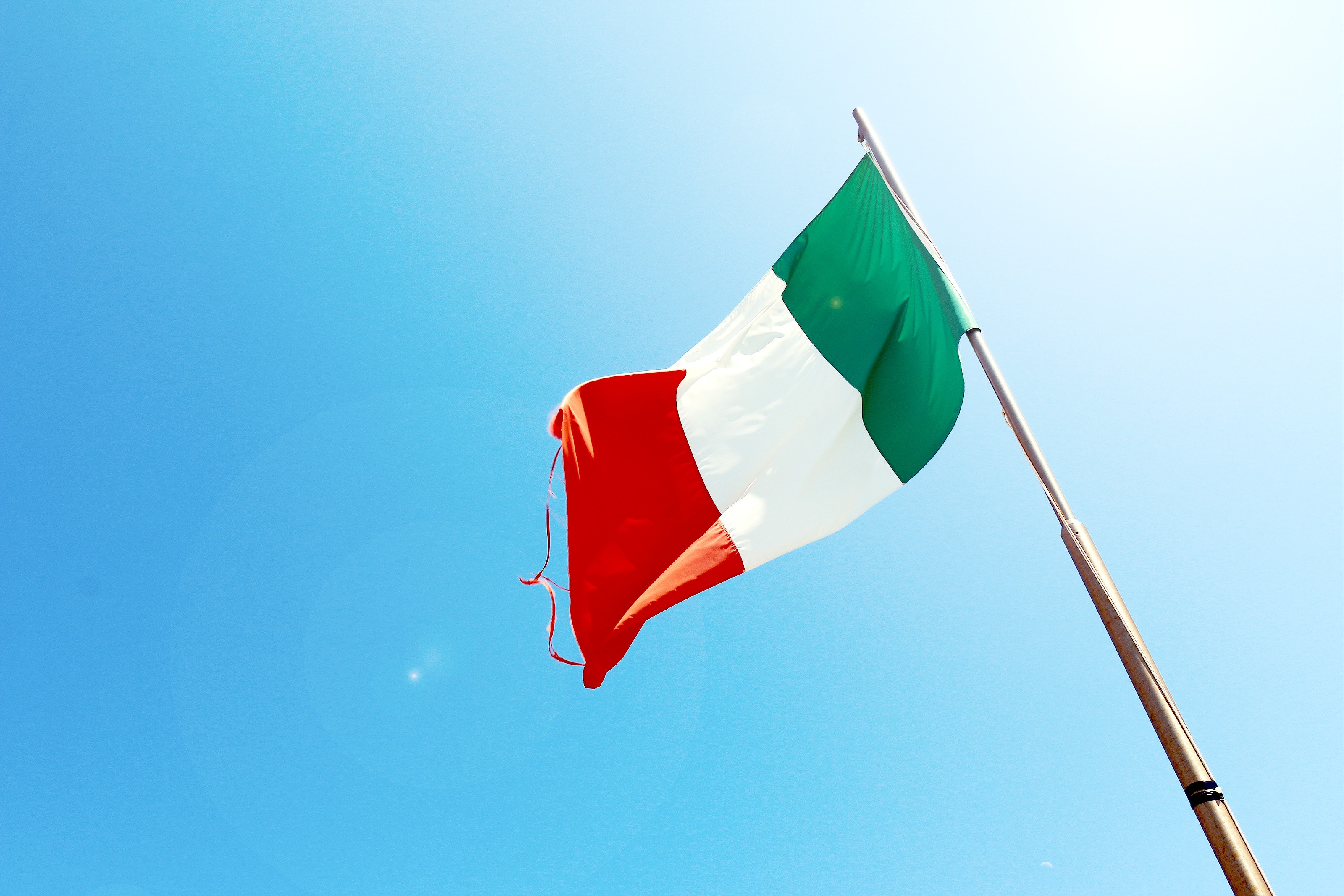EU braces for escalation of conflict with Italy over budget

- Country:
- Italy
Italy's budget dispute with Brussels is likely to escalate in coming weeks unless Rome revises its free-spending plans, EU officials say, and could lead to fines, a freeze of EU funds and bond-sale monitoring.
Last week, the European Commission rejected Italy's draft budget for next year, saying it was in blatant breach of European Union fiscal rules and could further increase the country's huge pile of public debt.
Despite the EU warnings and market turmoil that increased Rome's debt servicing costs, Italy's eurosceptic government has not backed down from its plan to increase its budget deficit to 2.4 per cent of gross domestic product (GDP) next year.
Italy's stance is likely to draw criticism from eurozone finance ministers at their monthly meeting on Monday, officials said, stressing the country was isolated in the 19-state euro currency area.
Rome says its planned deficit spending for welfare handouts, earlier retirement and investments will boost growth and therefore reduce debt. It has so far shown no willingness to change the draft by a Nov. 13 deadline set by Brussels.
EU officials say that if there is no change, the Commission is likely to react at its Nov. 21 meeting by launching a disciplinary procedure on the grounds that Italy's excessive debt of more than 130 per cent of GDP is not decreasing as required.
The move has been long foreseen but not expected as early as this month.
The Commission has in the past always waited for final data on public finances, available in April, before taking any disciplinary action on eurozone states.
But this time it could instead act on its own economic forecasts, due on Nov. 8, which are expected to show a far less optimistic scenario than the 1.5 per cent GDP growth in 2019 predicted by the Italian government. Estimates of lower growth would translate into a higher debt and deficit.
As a precautionary measure, Brussels could ask Italy to transfer a non-interest bearing deposit of 0.2 per cent of its GDP to the bloc's rescue fund, the European Stability Mechanism.
The Commission could also set a deadline, that could be as early as February, for Italy to take action to reduce its debt.
Missing that deadline could trigger harsher sanctions, including an actual fine of up to 0.2 per cent of GDP, the suspension of billions of euros in EU funds and closer fiscal monitoring by the European Commission and the European Central Bank, involving missions in Italy similar to those in bailed-out countries like Greece.
If it continued to fail to cooperate, Rome could face even stricter penalties under EU rules. They might include a fine of up to 0.7 per cent of GDP, a cut of multi-billion-euro loans from the European Investment Bank, of which Italy was the EU's largest beneficiary last year, and EU precautionary monitoring over Italy's plans to issue new debt.
(With inputs from agencies.)
ALSO READ
Italy arrests 22, seizes millions in EU fund fraud case
Police arrest 22 in EU raids linked to suspected theft of Italy's pandemic funds worth USD 650 million
Dialogue must remain open with Russia, Italy defence minister says
Google enhances ChromeOS experience with M123 update
Rugby-Italy's Menoncello voted player of Six Nations










